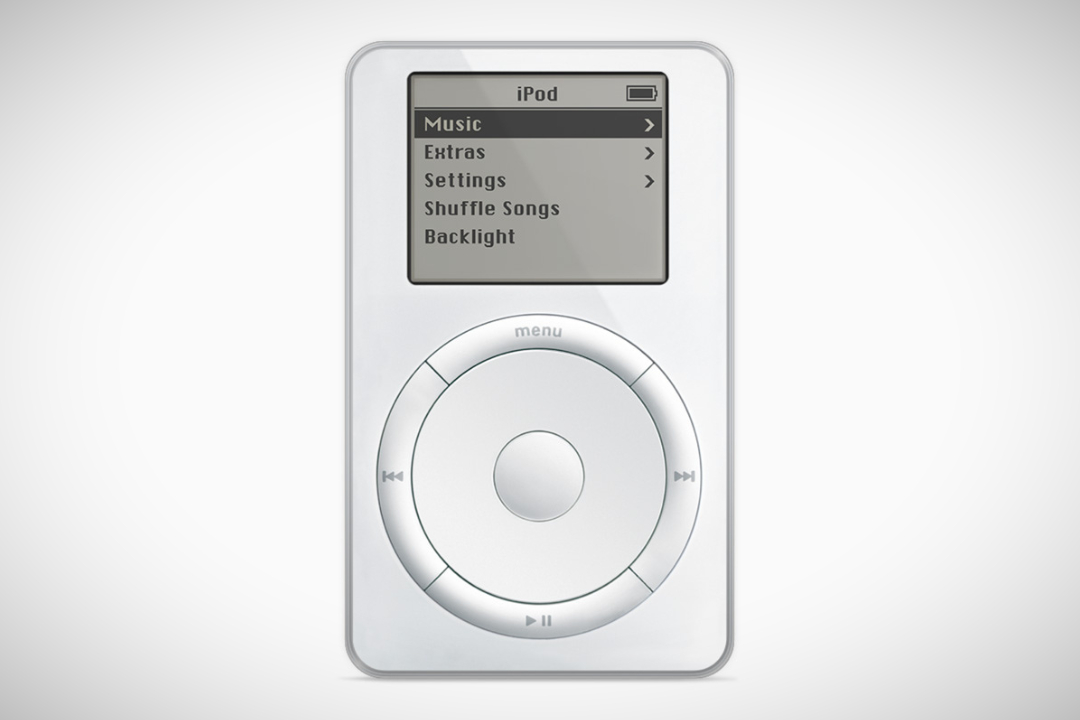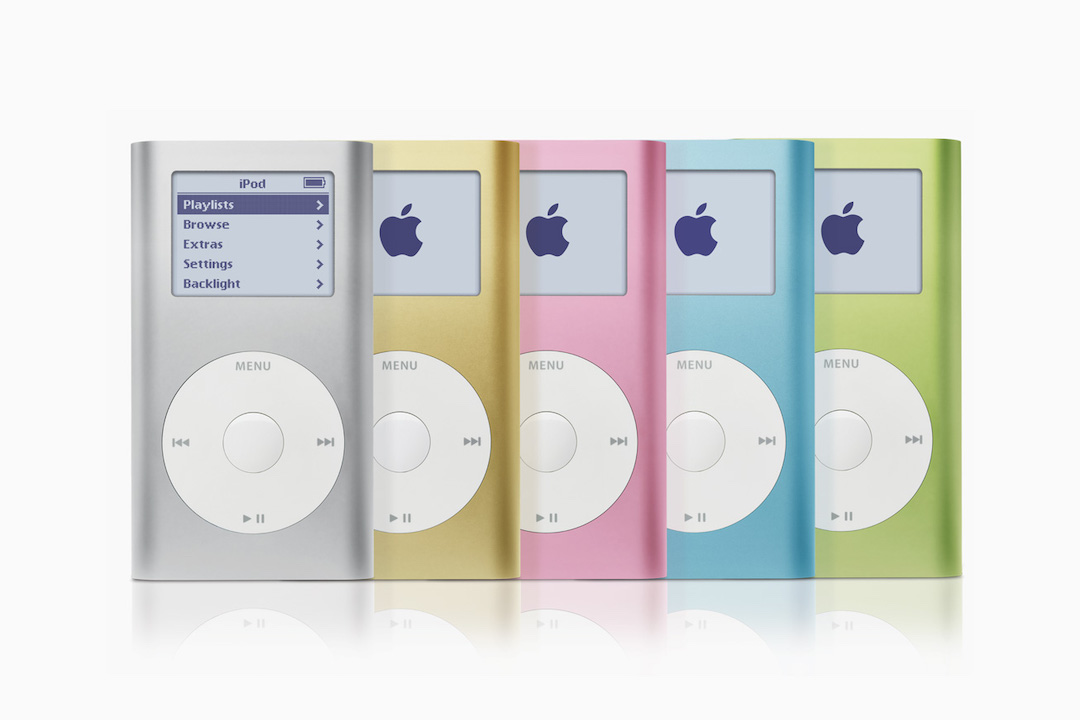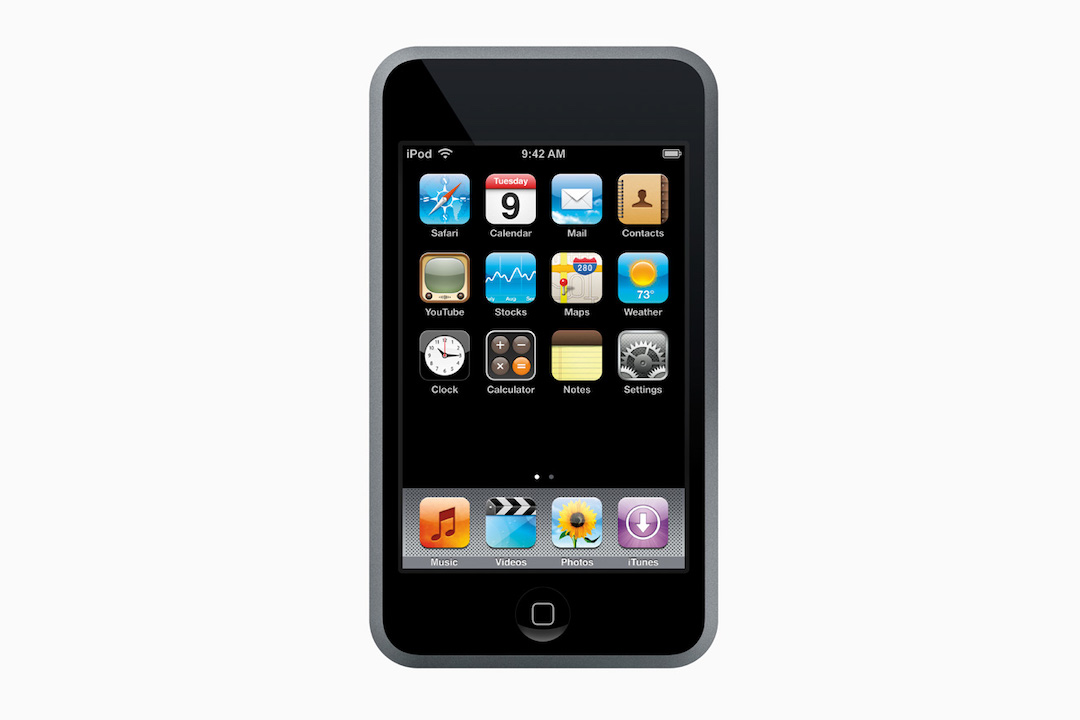Apple Bids Goodbye To The iPod, Remaining Sets Will Be The Last
By Alexa Heah, 11 May 2022

For many, the iPod was a constant companion that faithfully brightened up their daily commutes, with a personalized music library delivering hours of tracks.
Today, seeing as Apple has successfully integrated one’s music library across its entire product line, from the iPhone to the iPad, Mac, and Apple Watch, it’s time to bid goodbye to the iconic iPod.
“Music has always been part of our core at Apple, and bringing it to hundreds of millions of users in the way iPod did impacted more than just the music industry—it also redefined how music is discovered, listened to, and shared,” remarks Greg Joswiak, Senior Vice President of Worldwide Marketing.

The original iPod was first released in October 2001, and was a radical breakthrough for listeners globally, being the first MP3 of its era to allow up to 1,000 saved songs and a 10-hour battery life, all in a compact 6.5-ounce device.
Apple then followed up with the iPod Mini three years later, and the iPod Nano in 2006, which introduced a wider array of eye-catching colors, double the song content, and an even slimmer design for users out and about.
Of course, one can’t forget the iPod Touch, released in 2007, that completely revolutionized the world of music players by merging Apple’s revolutionary touch screen interface with an iPod, expanding the gadget from just music to pictures and videos.

“Today, the spirit of the iPod lives on. We’ve integrated an incredible music experience across all of our products, from the iPhone to the Apple Watch to HomePod Mini, and across Mac, iPad, and Apple TV,” said Joswiak.
“And Apple Music delivers industry-leading sound quality with support for spatial audio—there’s no better way to enjoy, discover, and experience music,” he added.
If you’re feeling a tinge of nostalgia and want to get your hands on an iPod Touch before they’re all gone, the devices will still be available for sale at Apple while supplies last.





